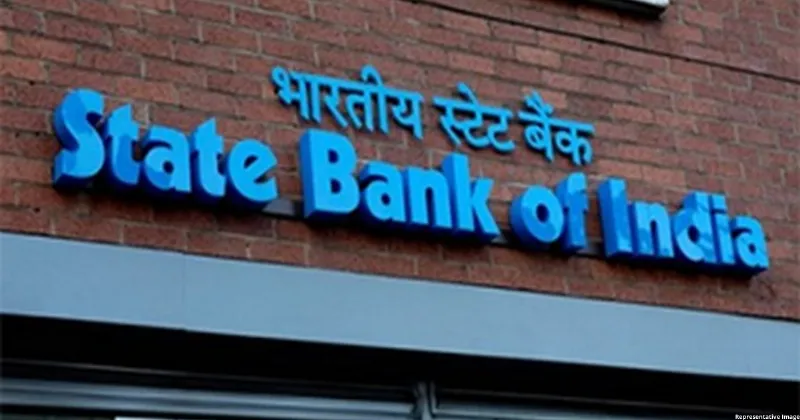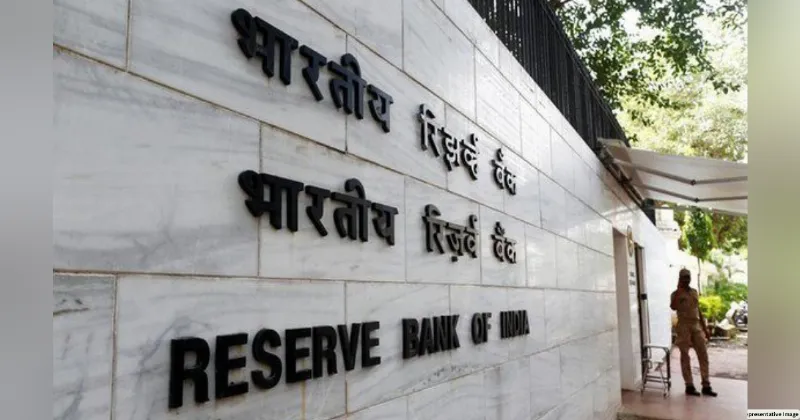Latest News
Small Capital, Big Dreams: Starting Your Trading Journey with $100
.png)
Embarking on a trading journey with a mere $100 might sound like a challenge, but it's an opportunity to learn, grow, and gain hands-on experience in the dynamic world of financial markets. While trading with a small capital comes with its limitations, with careful planning, strategic decisions, and disciplined execution, you can make the most of your investment. This post will walk you through the steps to start trading with $100 and set yourself up for success.
Education: Laying the Foundation
The first step before entering the trading arena is education. Take time to understand the basics of trading, various markets (stocks, forex, cryptocurrencies, commodities), trading strategies, and risk management. There's a wealth of free resources available online, including articles, videos, webinars, and courses, that can equip you with the knowledge you need to make informed decisions.
Selecting the right market is crucial, as it determines the type of assets you'll be trading. Consider your interests, risk tolerance, and the market's characteristics when making your choice. Each market has its advantages and challenges, so ensure your selection aligns with your goals and risk appetite.
Once you've picked your market, find a reliable trading platform that gives you access to it. Look for a platform that's easy to use and has low minimum deposit requirements.
No matter the size of your account, prioritizing risk management is crucial. Never put at stake more than a small percentage of your capital on a single trade. It's commonly advised to risk no more than 1-2% of your trading capital per trade. By doing so, you ensure the protection of your account even in times of losses, allowing you to keep trading.
To avoid monetary risks, practice using a demo account first. These accounts let you trade with virtual money, creating a safe space to test your strategies and get familiar with the trading platform. Take advantage of this opportunity to refine your approach and boost your confidence.
Choose a trading strategy that aligns with your risk tolerance, time availability, and market preference. Consider strategies like day trading (short-term trading), swing trading (holding positions for days or weeks), or long-term investing. Your strategy should complement your trading goals and style.
With a $100 account, it's essential to start small. Look for markets that offer micro or mini lots (in forex) or fractional shares (in stocks). These allow you to trade smaller portions of the market, reducing your risk exposure while gaining valuable experience.
Stay informed about market news, economic indicators, and expert reviews and tests for traders, and events that could impact your chosen market. This knowledge helps you make educated trading decisions and adapt to changing market conditions.
Set achievable goals for your trading journey. Understand that trading is a skill that takes time to develop. Initially, focus on learning, gaining experience, and gradually growing your account. Setting realistic goals prevents you from being discouraged by unattainable expectations.
Patience and Persistence: Keys to Becoming a Successful Trader
Successful trading isn't a shortcut to wealth; it's a skill that demands patience and perseverance. Expect setbacks and embrace them as chances to learn and grow. Utilize your experiences to refine strategies and elevate decision-making prowess.
Document Your Progress
Maintain a trading journal to document your trades, strategies, outcomes, and emotions. This journal becomes a valuable tool for analyzing your performance over time and identifying areas for improvement.
Learn and Adapt
The trading landscape is ever-evolving. Continue to educate yourself, stay updated on market trends, and adapt your strategies based on your experiences and observations.
Master Emotions
Emotions can influence trading decisions. Stay disciplined, avoid impulsive actions, and maintain a rational mindset. Managing emotions is key to consistent and successful trading.
Considering Additional Funding
As your trading skills improve and your account grows, consider adding more funds to your account to increase your trading potential. However, always prioritize responsible risk management to protect your capital.
In conclusion, starting trading with $100 might present its challenges, but it's an opportunity for growth and learning. Through education, strategic planning, disciplined execution, and continuous improvement, you can make the most of your small account.
Remember that every trade, win or loss, contributes to your learning journey. Trading is a skill that takes time to develop, so be patient and persistent. As you gain experience and confidence, your $100 account could be the foundation of a thriving trading career.






















